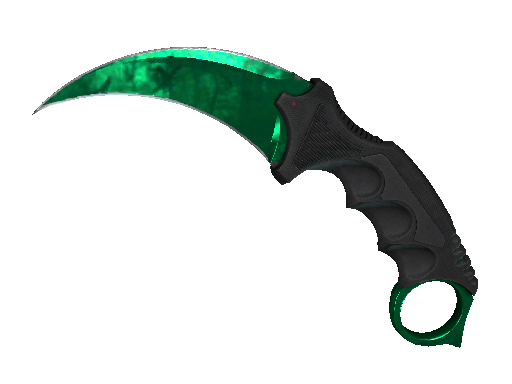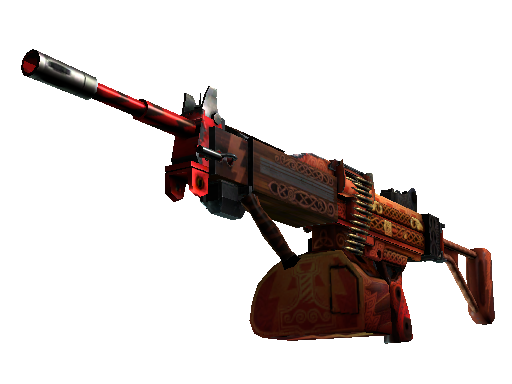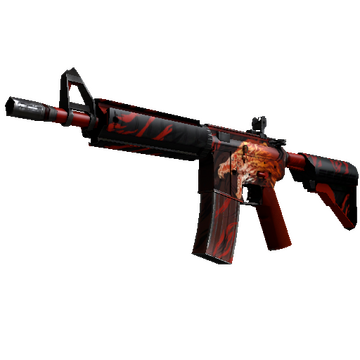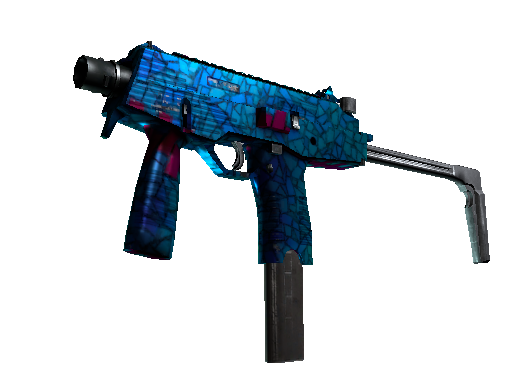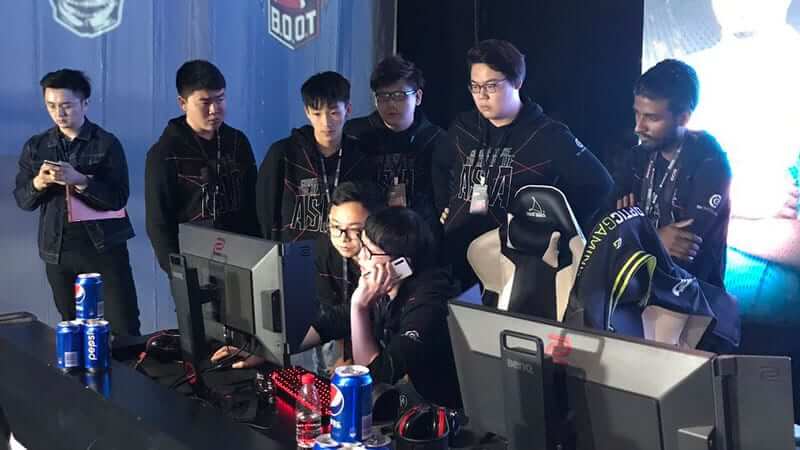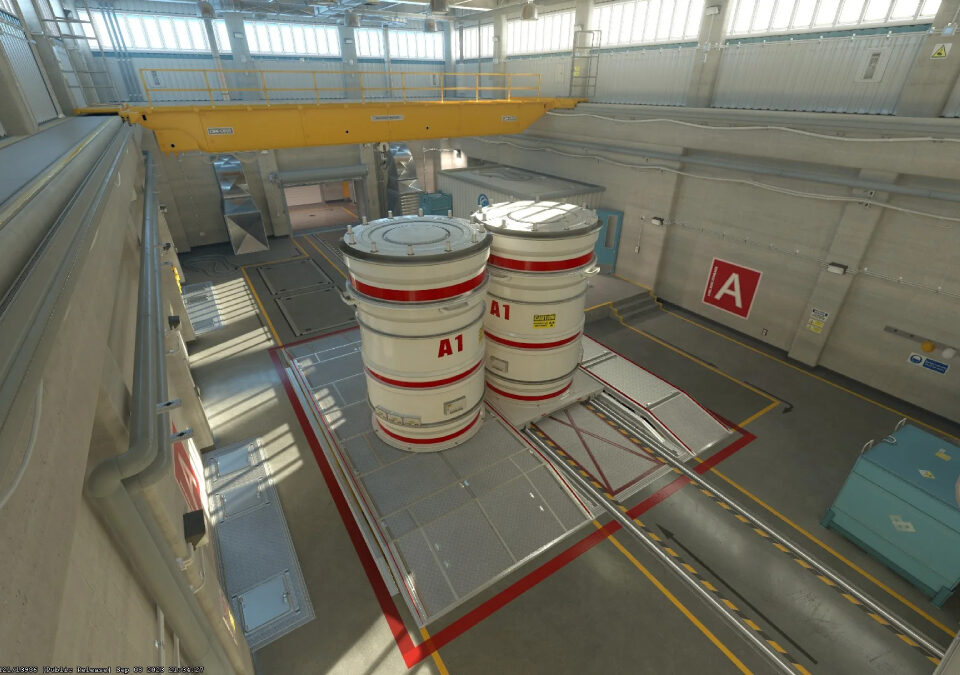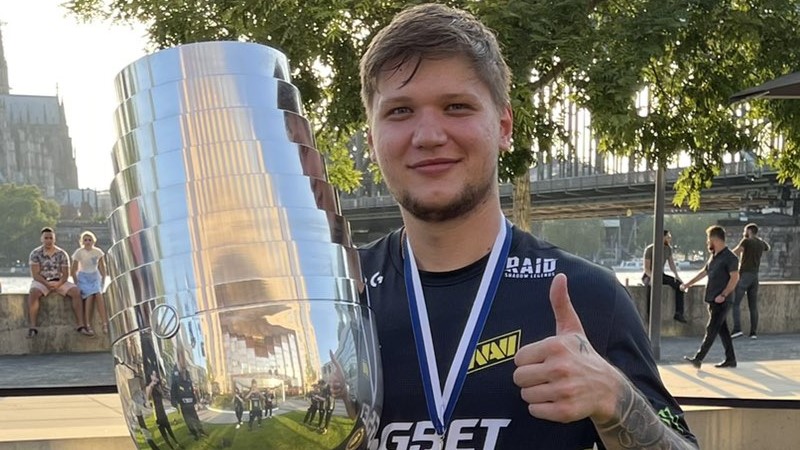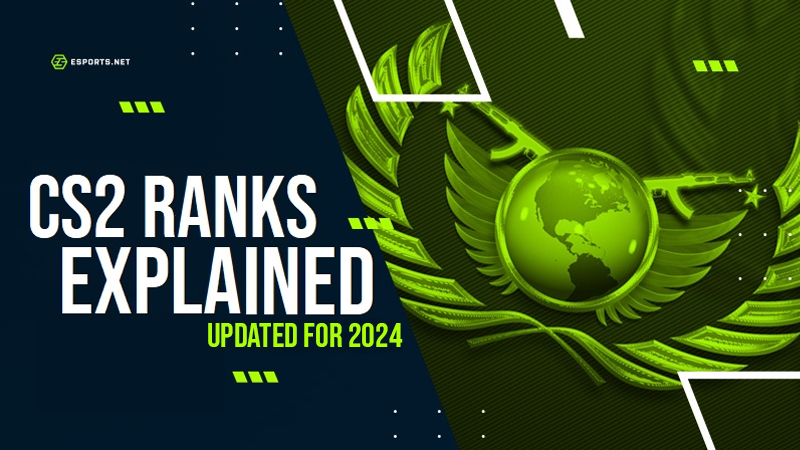
ALL CS2 RANKS – THE COUNTER-STRIKE RANKING SYSTEM EXPLAINED
April 17, 2024
BEST CS2 PLAYERS WITHOUT A TEAM RIGHT NOW
May 17, 2024Cheating is just one of those annoying things you come across when playing esports games casually. It can be a very depressing experience to learn that your hard-earned skills can simply be nullified by someone with software. What about esports cheating in live tournaments though?
It might be surprising to learn it’s actually kind of common. Cheating has been around for about as long as esports have. Even the earliest days of competitive gaming with arcade players beating high scores were rife with it, some that were only discovered decades later. Today, esports cheating has been a major problem in quite a few games from Dota to Fortnite esports. Just how big of a problem is it though?
Cheating in esports is frustrating, but when we look at the major examples in recent years, they’ve usually been handled well by the organizers. Just how likely is it that cheating is rife in your favorite game?

CHEATING IN MAJOR ESPORTS – COUNTER-STRIKE AND DOTA 2
First-person shooters such as CS have shockingly widely available esports cheating software. These have become so sophisticated that they often understand how cheaters are caught and can be updated to step around these tells, making them even harder to detect.
Even a few years ago, cheating was being uncovered. Like with Forsaken, a Counter-Strike player. He was caught cheating at *drum rolls* a professional CS:GO LAN tournament. That’s right.
Not even the set-up of a controller environment like a LAN is enough to entirely defer people. The player even tried to amazingly hide his cheating by renaming the program “word.exe”. It’s not just Forsaken’s magical word processor though. Counter-Strike has seen a few cheating scandals over the years. Like emilo’s mid-game ban, or a 2020 bug that some CS pros were using to see enemy positions and cheat.
Strategy games like DOTA 2 can be affected too, even at the highest stakes events. A Dota 2 player was caught using scripts during a qualification match for The International 2018. And not just the guy, but his entire organization tried to defend him by claiming that he wasn’t actually cheating. It’s just that his Razer mouse was programmable and so he didn’t know he wasn’t supposed to install automatic scripts on it. You can imagine the good laugh everyone got from that statement.
FORCING OTHERS TO CHEAT IN ESPORTS
One of the most notable recent cases of esports cheating came in Apex Legends. During a regional final, a hacker managed to enable cheats on some players’ devices! They had cheats in the game without ever wanting them.
Thankfully, the players quickly left the game once it became clear they’d been tampered with. What’s strange is this was done entirely remotely. The perpetrator was only interested in showing that he could do this, but if used maliciously this could have awful consequences.
This new type of invasion shows how vulnerable some games are to cheats though. The tournament was re-ran and the culprit was eventually caught, but it shows how easily events can be completely derailed by somebody not even attending.
ESPORTS CHEATING IS BEING COMBATED
Cheating in esports can throw an entire tournament off, but what’s being done about it? In all the cases we’ve mentioned so far, the organizers have been strict in their punishments.
Those concerned about cheating in esports can rest a bit easier looking through the bans and disqualifications that tend to get rolled out. For some players, even admitting to trying cheating software outside of tournaments is enough to earn a ban.
Of course, bans aren’t always enough to satisfy players. An example would be in competitive Fortnite. A player was banned for cheating ahead of its first massive esports event, the Fortnite World Cup. Unfortunately, the ban only covered the time between the qualifier and the main event, so the player could technically have still taken part! Thankfully Epic eventually addressed it and they’ve had harsher punishments since, including a perma-ban for a very popular Fortnite streamer who smurfed.
Cheating is now pretty much a non-entity in competitive Fortnite. There are always accusations when players perform poorly in LANs after strong online results. But Epic has been incredibly harsh on cheats in the FNCS since.
Most esports providers take a hardline approach to cheating. For the most part, it’s the in-game experience that’s a bigger problem. It’s harder to police the wide lobbies that come with these popular games compared to smaller tournaments. So why do people do it?
THE CHEATER’S MENTALITY
Understanding people who cheat is difficult. How empty on the inside do you need to be to be able to live with yourself and take pride in a totally fake victory? And yet, people still do it. It’s not just a few bad apples either.
In esports like PUBG, Overwatch, and Counter-Strike, we’re talking about millions of players who got caught cheating. That’s pretty depressing though. It’s more than a gaming problem. It’s an ethics problem.
The advent of specialist software has only made cheating more common. Those who choose to do it will likely find most of the challenge and fun of a game comes with playing fairly, not hitting a win button.

